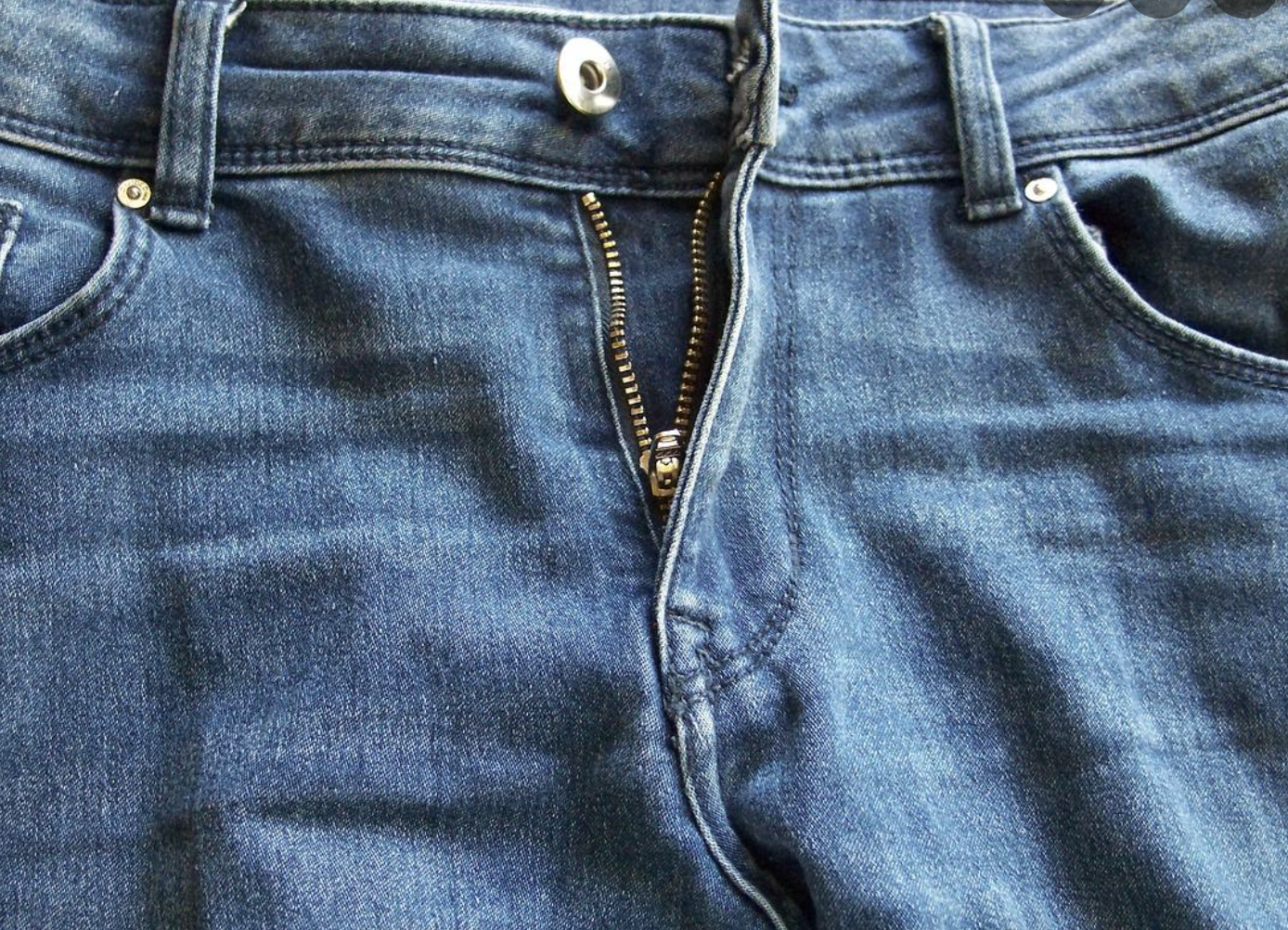NPR – The Africa Centers for Disease Control and Prevention has never done anything like this before. The agency is poised to declare a “public health emergency of continental security” as early as next week.
Since the beginning of last year, [monkeypox] cases have been surging in the Democratic Republic of Congo, with children making up the majority of the 14,000 reported cases and 511 deaths so far in 2024. Those numbers roughly match the number of cases reported in all of last year in the country.
Monkeypox is primarily spread by homosexual men engaging
Why Africa is so worried
In the last couple weeks, there’s been a new and alarming development. [Monkeypox] has been detected in countries that have never previously identified cases. About 50 confirmed cases and more suspected cases have been reported in Burundi, Kenya, Rwanda and Uganda, according to World Health Organization officials …
The World Health Organization has also taken note of the evolving mpox situation. This week it announced that the group is convening an emergency committee to determine whether it will make a similar declaration to that of Africa CDC, designating the situation a public health emergency of international concern.
“The committee will meet as soon as possible,” says WHO head Tedros Adhanom Ghebreyesus.
The U.S. response
There’s concern about [monkeypox] in the U.S. as well. The U.S. Centers for Disease Control and Prevention issued an mpox health alert this week.
While the risk to the general population in the U.S. remains low, Christina Hutson — senior science adviser at the U.S. CDC — says it’s important for clinicians, health departments and travelers to be aware of the spread of the virus in Africa and vigilant about symptoms.
She says the spillover from DRC to neighboring countries is not surprising given how porous borders are.
But “it is disappointing – because we’ve been working with DRC to try to help prevent spread.” She says the U.S. has been providing test kits and technical support to neighboring countries “so we were able to actually detect some of these cases pretty quickly.”
In addition, this Wednesday, the U.S. pledged nearly $424 million dollars to help with what USAID calls an “ongoing catastrophe” in the DRC …



